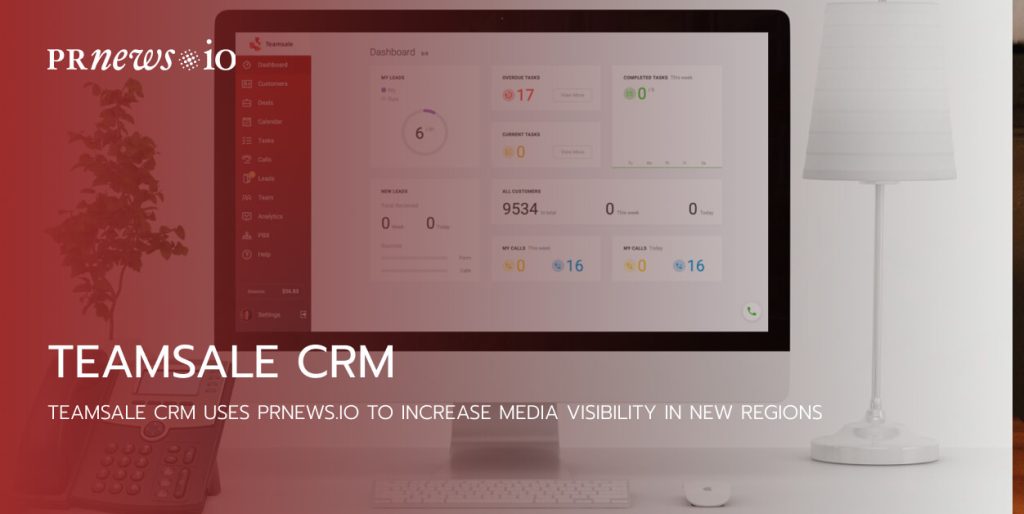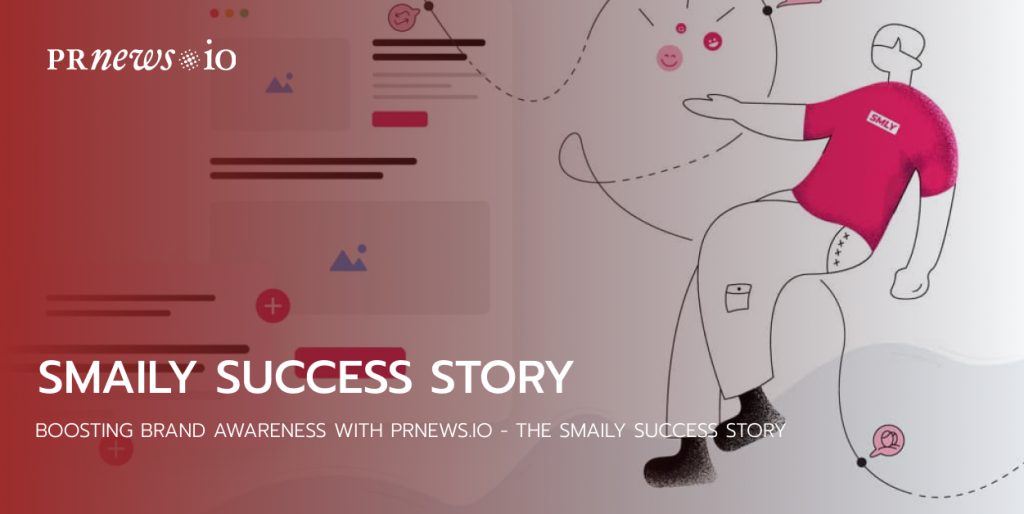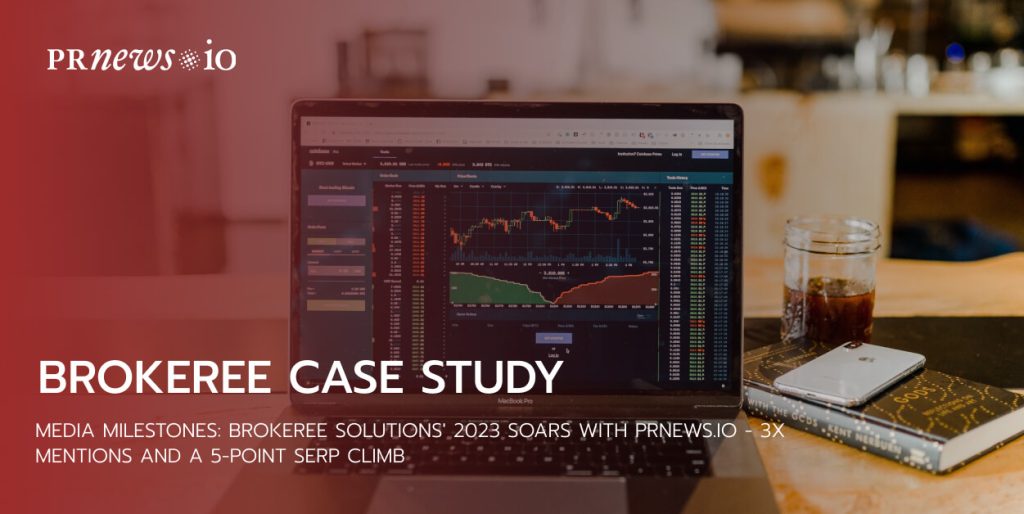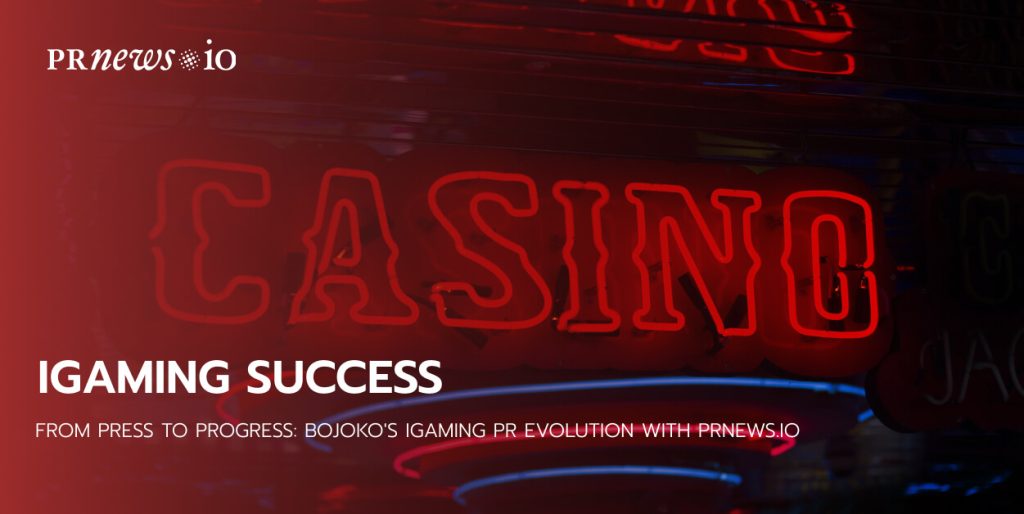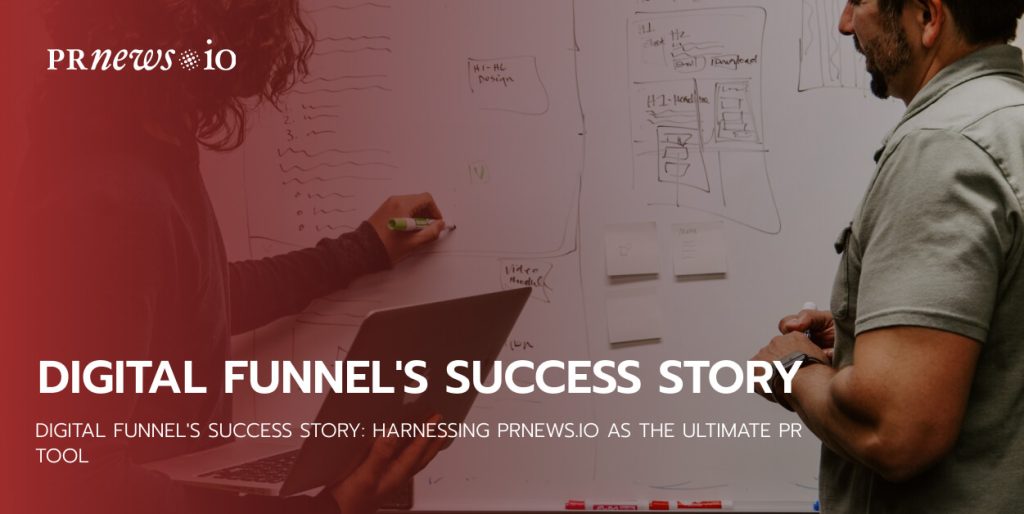In the modern landscape of dynamic changes, marketers and PR specialists in Ukraine emerge as true strategists and visionaries who shape the face of the media space and influence its development. Oleksandra Stelmakhova is one of the professionals who stands out in this process; her professional journey as a marketer is marked by talent and an innovative approach to the development of the media and PR market in Ukraine. Since 2019, case studies from her book “You Can’t Stop PR” have been studied in higher education institutions, and starting from 2022, the main post office of Ukraine recommends them as “Principles of Business Growth à la Amazon,” drawing parallels with the scaling mastery of the founder of LinkedIn in “Masters of Scaling.”
In this exclusive interview, we delve into the realm of infostyle with Oleksandra Stelmakhova, an experienced professional. As a marketer, Oleksandra aims to assist her clients in standing out in the media, bringing a wealth of experience to the discussion. This article is dedicated to exploring Oleksandra Stelmakhova’s unique approach to the development of the media space in Ukraine through the lens of utilizing infostyling in media content.
- Get a book (Ukraine, other countries on Ebay)
- Production agency
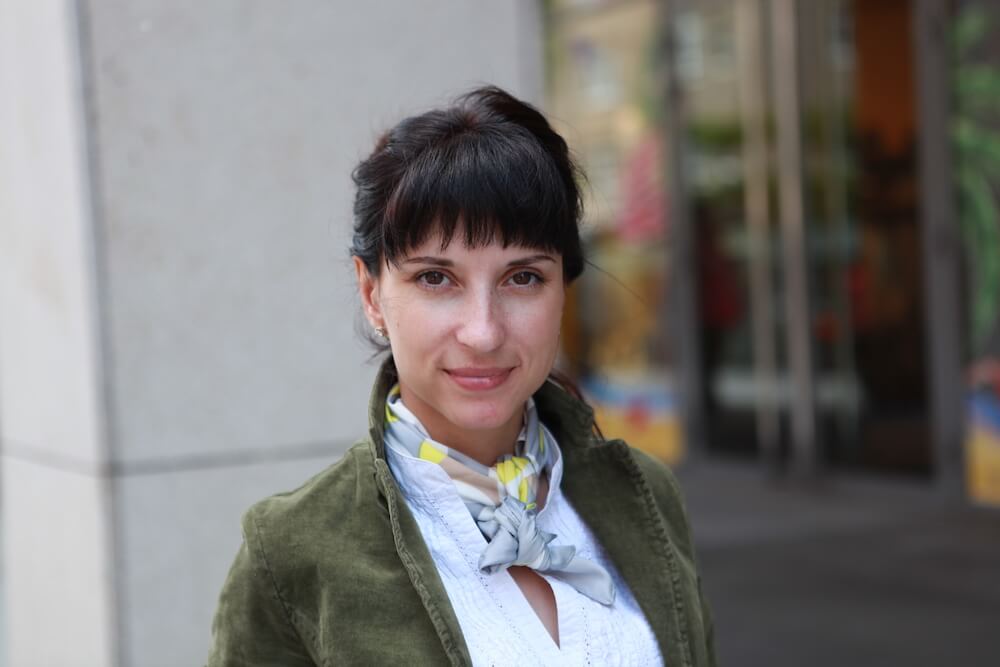
Appropriate or not? When the use of infostylistics in media content can be beneficial or, on the contrary, cause misunderstanding
Drawing from the expertise of professionals, the use of sophisticated strategies is increasingly becoming a noticeable component of success, a trend in contemporary media and PR. Infostylists are closely linked with PR storytelling and copywriting. These trends are discerned by those who foresee the shifts in the creative industry.
Join us as we unravel the intricacies of infostyling in media and gain valuable insights from Oleksandra’s journey in the PR industry. Additionally, we will delve into her unique perspective as a woman in PR and business, shedding light on both the challenges and victories she has encountered.
Oleksandra Stelmakhova’s PR Journey
PRNEWS.IO: One of the most common questions we hear from our clients during the planning stage is, “Will my material be valuable for the editorial team, and can they attract the attention of new users?” As an expert, how do you respond to inquiries about the advantages?
Oleksandra Stelmakhova: Well, it’s difficult to explain this briefly to a client, Ukrainian media readers currently don’t pay for news, and a lot of information is consolidated in messengers because it’s simpler and faster. However, they express their interest through comments and emotions, which are results in themselves. Overall, I conducted research, read various reports, and surprisingly found that the leader in the trend towards paid content is not the United States but rather the countries of Northern Europe and Japan. This likely means that people are willing to consume and pay only for content that aligns with their style.
PRNEWS.IO: Where do you generally find the inspiration for growth, and from what content?
Oleksandra Stelmakhova: I draw inspiration from content created not by robots but by people who can explain step-by-step how others can replicate their path and achieve similar results.
For instance, during my working day when I was employed, my schedule ran from 9 to 6. At work, I hardly consumed content. I had specific tasks related to attending meetings, organizing events, and so forth. Wrapping up the workday and returning home, I diverted my moderately tired mind from various work-related comments. I searched for interesting books, listened to music, and engaged with messages from friends and family. I sought knowledge to address my own tasks, wanting to see a plethora of quality remote business events I could attend. Real experts came to teach us at the company between 2009 and 2012; their expertise was hired, paid for, and they explained various management techniques. They adapted to specific tasks and positions, and we compensated them for such personalization. This arrangement was beneficial for a while.
PRNEWS.IO: Based on your experience, how do you assess the role of an infostylist when information is easily accessible but challenging to structure? I mean, what challenges and prospects may arise from different approaches to content creation and distribution?
Oleksandra Stelmakhova: Currently, we are in a phase where “more is better,” but it’s difficult to structure information because there is a lack of expertise. Essentially, information finds you on its own. National identity or similar opinions don’t matter at all. I believe we still don’t grasp the idea that “soon there will be no one to ask” (except maybe how to lose weight for summer). Many people start off initially, there are some chat groups with advice, but there are no ready-made instructions anymore. You have to work on learning, researching, developing, accumulating practice, and conducting comparative analysis. In this context, an infostylist is someone who helps analyze the key expertise and opinions upon request, verifies the content for trustworthiness, identifies any underlying advertising context, and can tell what real purpose the author was pursuing.
So, for example, there is a specific goal; you understand that the goal involves certain deadlines, such as obtaining specific information, finding people, comments to achieve results for a particular objective. You write to Julia – “Julia, I need to figure out this topic, gather thoughts for me, and even better, reports with figures.” Here, Julia is the infostylist, and she will prepare information based on such a request. In her work, she can use social media, content from YouTube, media, invite a specific person for an in-depth interview, and so on.
PRNEWS.IO: How does this impact the perception and trust in the information that bloggers also disseminate? We don’t work with bloggers, at least not yet.
Oleksandra Stelmakhova: Are bloggers infostylists? Yes, but scientific evidence is foreign to a blogger. Entertaining or purely descriptive points of view are characteristic of the blogging style. In Ukraine, a blogger is considered someone who expresses their opinion, including on complex socially sensitive topics. In the U.S., a blogger is someone who develops a topic beneficial to the public without touching on political ideas. So, in the U.S., journalism and blogging are different things.
In Ukraine, anyone can be a blogger, even a young civic activist. Furthermore, if their publications fit into the context of public conflicts, i.e., considered “trendy,” they can influence public opinion and even be commented on by government officials. In the U.S., a blogger can only be an expert, in other words, a professional in their field. If their competence in a subject is not proven or widely confirmed, even health enthusiasts won’t listen to advocacy for one or another health technology. Therefore, the author’s competence must be proven regardless of the topic of their publications. Media outlets require experts; without this element, quality work is not possible.
Being a woman in PR and business
PRNEWS.IO: What advice do you offer to those facing a crucial decision in their professional life amid uncertainty?
Oleksandra Stelmakhova: When it comes to choosing a profession, if I weren’t in the current position, I would choose to believe in the importance of self-development, considering the aspects that receive positive feedback and what people are willing to pay you for. It’s crucial not to select something that is only relevant today but to learn how to be adaptable, constantly acquiring new skills through self-learning. University is a unique system where you can learn how to achieve results, and like any system, it has its rules: some you understand, some are not explicitly stated, and so on—adaptation becomes necessary. I studied from textbooks two decades old, and now I’m grateful for the opportunity to contribute to teaching and updating processes as an expert.
PRNEWS.IO: In your leadership role, do you see any advantages or differences in your approach compared to your male colleagues?
Oleksandra Stelmakhova: In my opinion, women are more likely to withstand any criticism than men. This is because, traditionally, men’s earnings have been their sole social calling. If I had prioritized only commercial goals, my agency wouldn’t have attracted the media expert community that I am proud of today, achieved in just six years, reaching several thousand individuals with access to experts from different countries.
Is your business in need of a PR makeover?
- Benefit from media coverage assistance.
- Witness a refined branding approach.
- Watch as your recognition soars.

